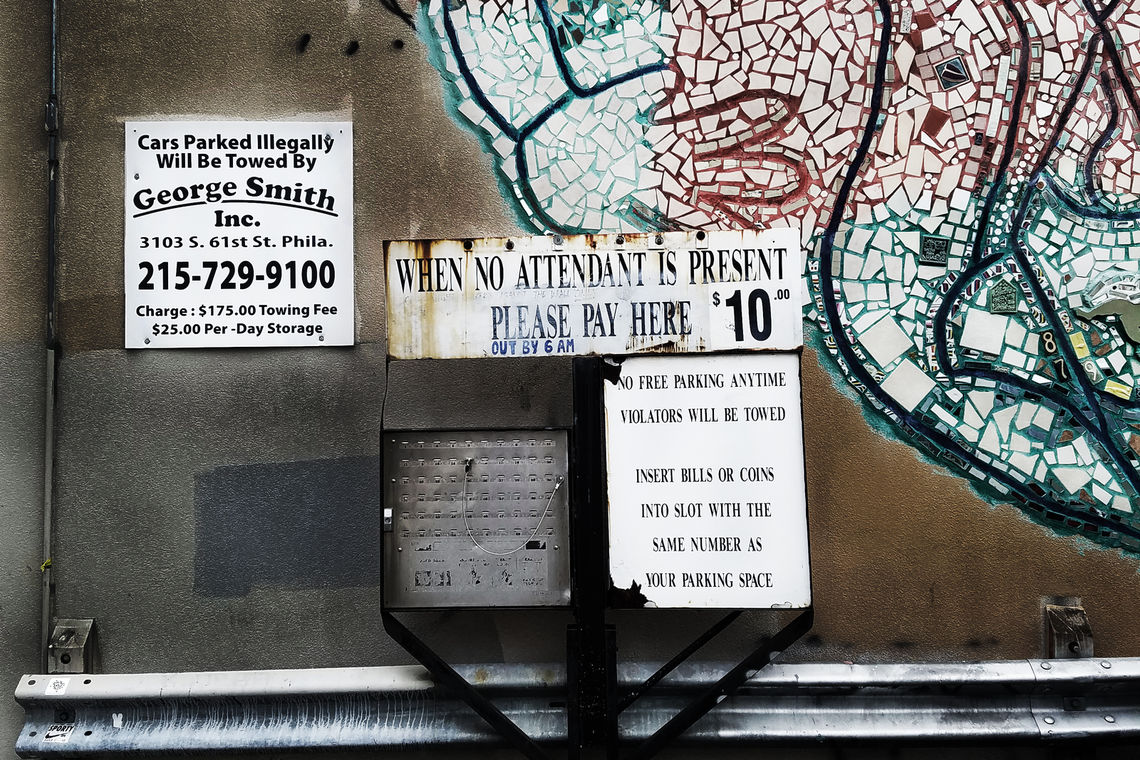I recently attended a Zoning Committee meeting for an RCO (registered community organization) in Mount Airy, at which we presented our design for the Mt. Airy Art Garage in hopes of gaining neighborhood support. While the committee members were all exceedingly complimentary of our design – and appreciative of the benefits the project will bring to the surrounding neighborhood – they all took turns voicing the same piece of advice: “be prepared to answer the parking question.” You see, one of the variances we need to make the project happen (thus triggering the need for public support in the first place) is relief from the number of off-street parking spaces required by the zoning code. It’s a small, awkward site, and there just isn’t any room for off street parking.

The question of whether a new development will compromise one’s ability to park close to their home, workplace, or other important destination seems to be the most frequently asked question when the community is engaged in the development process. In fact, the running joke is that we could propose building a parking garage, and people will still complain about parking. Now, everyone agrees that parking in Philadelphia – like every major American city – is such a hassle that it’s sometimes laughable. The efforts to fix the problem, which probably precede the invention of the automobile, have been simultaneously revered and chastised. But consider this; are cars really so important to us that their accommodation should drive (sorry) our conversations about neighborhood improvements? Ironically, the Mt. Airy Art Garage will not provide parking, and the artist who will work there (for whom the parking spaces are required) do not intend to drive there.
The benefits of alternative modes of transportations are well documented, and in a dense urban environment such as Philly, we have access to plenty of them. Sure, no (public transit) system is perfect, but consider this: the harder it is to find parking somewhere, the more likely you are to consider other means of getting there. Walking, cycling, and public transportation are all great ways to experience the city and reduce your carbon footprint at the same time. So maybe the real parking question should be “are we providing too much?”
Here are some great modes of transportation that don’t involve hunting for a parking space:
